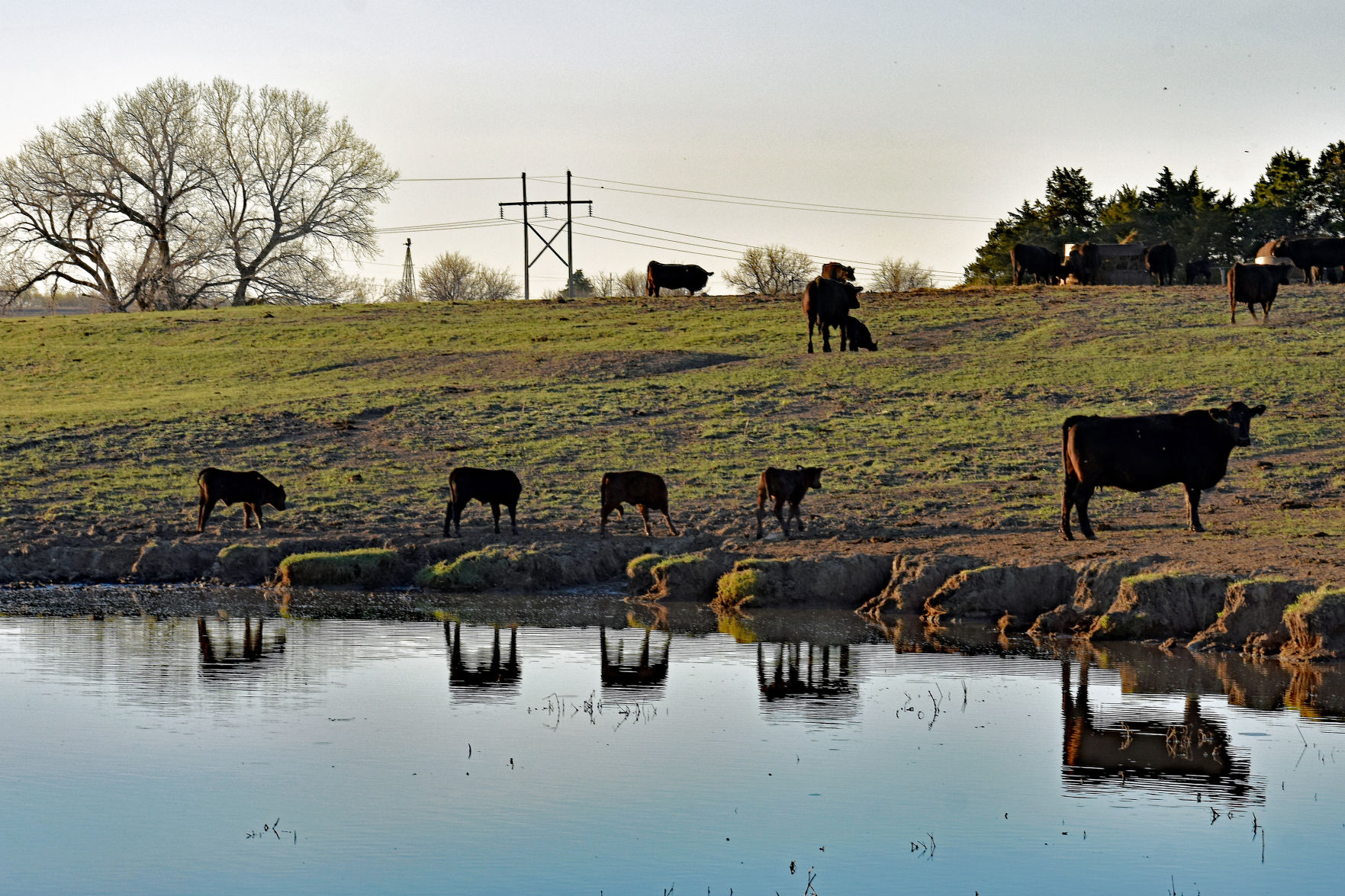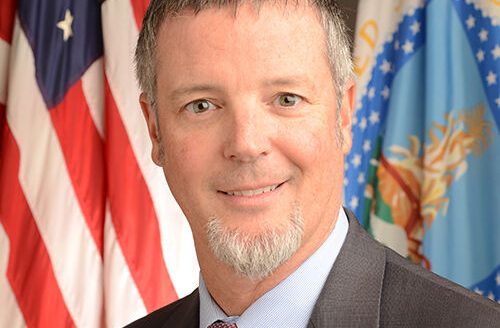One of the most controversial environmental regulations of the 21st century has been withdrawn by the administration of the president who campaigned to end it.
The Waters of the United States rule was undertaken by the President Barack Obama in 2015 but on Sept. 12, President Donald Trump’s Environmental Protection Agency Administrator Andrew Wheeler and the Department of the Army announced plans to repeal it.
With this final repeal, the agencies will implement the pre-2015 regulations, which are currently in place in more than half of the states. The final rule takes effect 60 days after publication in the Federal Register.
The EPA’s release stated four reasons to withdraw the WOTUS rule:
Did not implement the legal limits on the scope of the agencies’ authority under the Clean Water Act as intended by Congress and reflected in Supreme Court cases.
Failed to adequately recognize, preserve, and protect the primary responsibilities and rights of states to manage their own land and water resources.
Approached the limits of the agencies’ constitutional and statutory authority absent a clear statement from Congress.
Suffered from certain procedural errors and a lack of adequate record support as it relates to the 2015 rule’s distance-based limitations.
U.S. Sen. Charles Grassley, R-IA, a farmer and rancher and a member of the Senate Agriculture Committee, was pleased with the decision. Grassley has long spoken out against the WOTUS rule and has voted in the past to defund the flawed rule.
“Excessive government regulation stifles production, makes living and working harder for millions of Americans and slows economic activity. We’ve seen this time and again, particularly when it comes to the WOTUS rule,” Grassley said in a statement issued by his office. “President Trump and his administration have lifted a heavy burden off the shoulders of farmers, manufacturers and small businesses in Iowa at a pivotal moment when they’re facing challenges from every angle.”
Rep. Roger Marshall, R-KS, a member of the House Agriculture Committee, said the decision will bring consistency and reliability across all states and the decision will scale back what he calls is the federal government’s overreach of authority and restore longstanding and familiar Clean Water Act regulations. Marshall said in a statement to the media the agencies’ decision will be the first in a two-step process that will lead to a new definition of the WOTUS that will limit the scope of the waters regulation by the federal government.
Marshall, like Grassley, applauded Trump’s directive.
“One of President Trump’s first acts in office was directing the EPA and Army Corps to review the Obama-era WOTUS rule that had concentrated power in the hands of federal bureaucrats over farmers, developers, and landowners,” Marshall said. “The repeal of this burdensome regulation is great news for Kansas and a huge win for farmers and ranchers all across the country.”
Farm organizations react
Commodity and farm organizations believe that future regulations will offer a more common sense directive on regulations and adopting what they termed a realistic WOTUS rule.
“Farmers and ranchers share the goal of ensuring clean water, but the 2015 Waters of the United States rule was unreasonable and unworkable,” said Zippy Duvall, president of the American Farm Bureau Federation. “It made conservation more difficult and created huge liabilities for farmers.
“No regulation is perfect, and no rule can accommodate every concern, but the 2015 rule was especially egregious. We are relieved to put it behind us. We are now working to ensure a fair and reasonable substitute that protects our water and our ability to work and care for the land. Farm Bureau’s multi-year effort to raise awareness of overreaching provisions was powered by thousands of our members who joined with an array of allies to achieve this victory for clear rules to ensure clean water.”
Livestock groups approve
Sign up for HPJ Insights
Our weekly newsletter delivers the latest news straight to your inbox including breaking news, our exclusive columns and much more.
The National Pork Producers Council in a news release noted the previous WOTUS rule gave EPA broad jurisdiction over U.S. waters to include other water bodies, upstream waters and intermittent and ephemeral streams that farmers use for drainage and irrigation. Most importantly, it also covered lands adjacent to waters such as farm fields.
“We’re pleased the EPA is moving towards a common sense WOTUS rule that works with—not against—farmers to protect our nation’s waterways,” said NPPC President David Herring, a pork producer from Lillington, North Carolina. “The previous WOTUS rule was a dramatic government overreach and an unprecedented expansion of federal authority over private lands. Today’s action will remove the threat that the 2015 WOTUS rule posed for our ability to efficiently grow the amount of food needed by people around the globe, while providing regulatory certainty to our farmers and businesses.”
National Cattlemen’s Beef Association President Jennifer Houston also noted that cattle producers were glad to see WOTUS in its present form being withdrawn.
“Cattle producers are the nation’s original environmental stewards—we work hard to ensure that our natural resources remain pristine and to implement conservation practices to protect our water resources,” she said. “The 2015 WOTUS rule was an illegal effort by the federal government to assert control over both land and water, significantly impacting our ability to implement vital conservation practices.
“After years spent fighting the 2015 WOTUS rule in the halls of Congress, in the courts, and at the EPA, cattle producers will sleep a little easier tonight knowing that the nightmare is over. Thanks to President Trump and Administrator Wheeler for their commitment to farmers and ranchers, and restoring the rule of law. NCBA looks forward to the finalization of a practical Waters of the United States definition that will protect our water resource while allowing cattle producers to do their jobs effectively.”
Commodity groups
The American Soybean Association viewed the development as a significant step toward greater regulatory certainty for soybean farmers, with ASA president Davie Stephens, soy grower from Clinton, Kentucky, commenting, “We agree with the goal of assuring clean water, but in reality, the proposed rule was an unworkable and impractical regulation, especially for farmers and ranchers. Creeks, streams and ditches on our land were unduly subjected to a broad, one-size-fits-all regulatory definition that made no sense for individual farms and went beyond the intent of Congress. This is great news for soybean and other farmers.”
Until a new rule is finalized, jurisdictions will return to the regulatory framework that was in place prior to the 2015 WOTUS rule nationwide, putting an end to the state-by-state patchwork of regulations, Stephens said.
The National Corn Growers Association will be reviewing the repeal rule and is encouraged that farmers have the clarity and certainty they have long-sought to effectively implement stewardship practices on their operations.
NCGA and state affiliates have been working to balance environmental protection efforts while sustainably feeding and fueling a growing world.
Dave Bergmeier can be reached at 620-227-1822 or [email protected].


